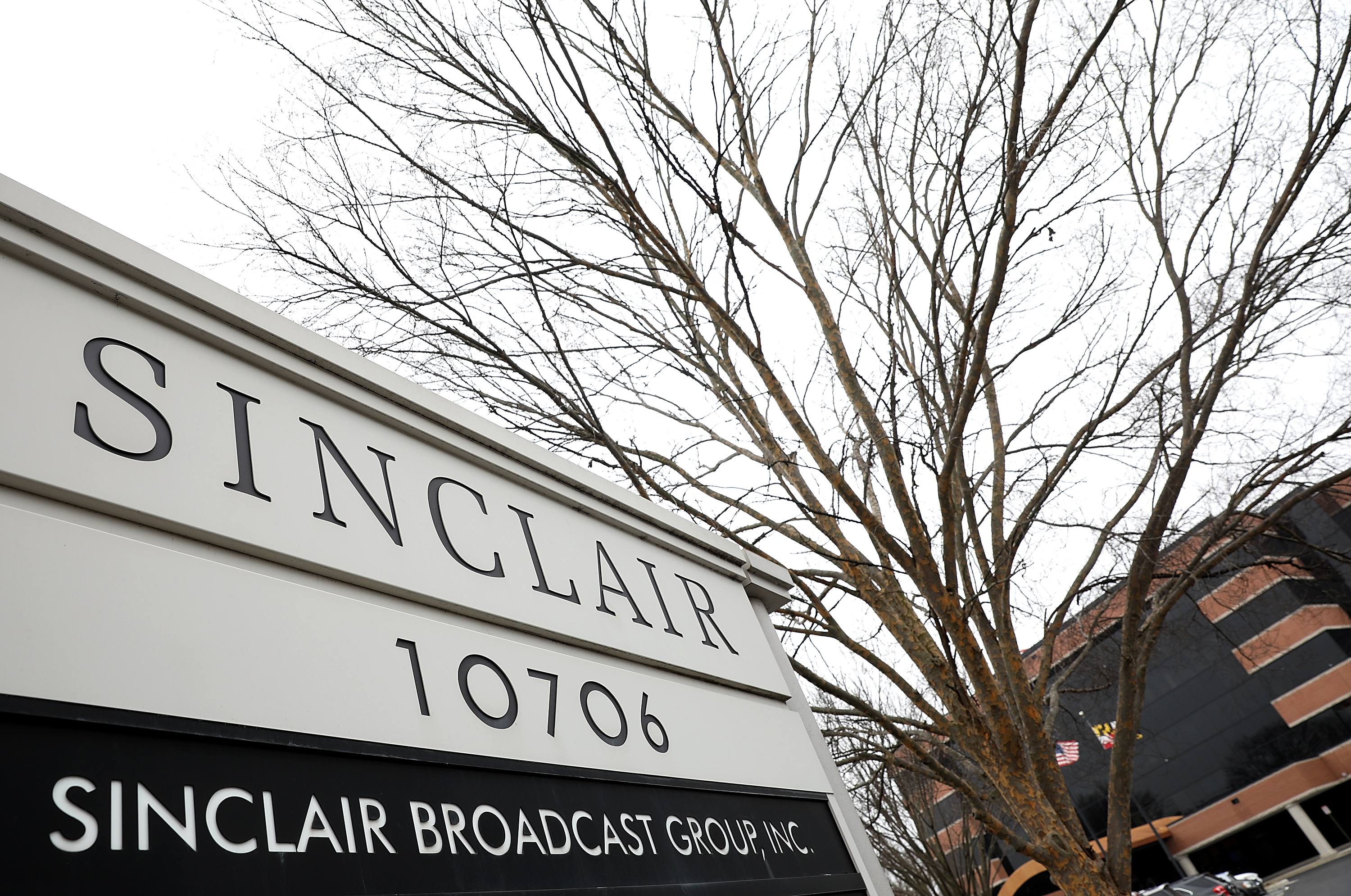Sinclair: Payments from Teams to Exceed Distributor Rebates
Second-quarter earnings jump to $252 million

The smarter way to stay on top of broadcasting and cable industry. Sign up below
You are now subscribed
Your newsletter sign-up was successful
Sinclair Broadcast Group, with its regional sports networks hammered by the postponement of live games, said it expects to get more from teams in reduced rights fees than it will pay out to distributors in rebates for under delivery.
In its second quarter earnings, Sinclair said it will be paying $124 million to distributors because it didn’t deliver the minimum number of Major League Baseball, National Basketball Association and National Hockey League games specified in their contracts.
But the company said those payments, to be made through the balance of the year, will be smaller than the amount by which rights fees will be reduced by the teams that didn’t play games as scheduled.
“There’s been a lot of misinformation on the street as it related to this,” said Sinclair CFO Lucy Rutishauser on the company’s earnings call. “So what I’m saying is the amount that we get in will be greater than the amount we pay out.”
Sinclair CEO Chris Ripley noted that the RSN business should be better now that games are being played. “It is very clear that viewers are excited as well, with ratings for the first day of the MLB season up 32% on our RSNs.
Ripley also noted that Sinclair in July signed a deal with Comcast that included carriage of Marquee Sports Network, the new RSN in Chicago that is a joint venture with the Cubs.
He said that speculation that getting carriage for Marquee would drag down revenue for Sinclair’s other business. “We’ve said we were confident that we would reach an agreement with Comcast that would be positive for us, and we are happy with the outcome in all regards,” he said. “This agreement is another example of the benefits that come from negotiating for a large, diverse set of very popular programming assets.”
The smarter way to stay on top of broadcasting and cable industry. Sign up below
Comcast even agreed to carry the Cubs in areas near Chicago where Comcast hadn’t carried Cubs games before--even though it owned, and still owns--a stake in NBC Sports Net.
With the Comcast deal, Ripley said Comcast has locked up almost 85% of its RSN subscribers for at least two years.
Ripley said Sinclair would be rolling out a new sports app that will give users the ability to interact content in numerous ways, including with advertisers and free-to-play games. In terms of gambling, he said Sinclair would disclose more of its plans later this year.
“As the exclusive provider of local sports content for more than half of the MLB, NBA and NHL teams, we believe there we are in a unique position to monetize the significant sports betting opportunity that exists,” he said.
For the second quarter, Sinclair reported net income of $252 million, or $3.12 a share, up from 42 million, or 46 cents a share, a year ago.
Revenue was up 66% to $1.3 billion. The increase was driven by the acquisition of 21 Regional Sports Networks and Fox College Sports last August.
Rutishauser noted that ad revenues were down 26% in June, which was an improvement over the 43% drop in April. The improvement continued in July with a decline of 20%, even as political ramps up in the third quarter,” she said. “We still expect to finish the third quarter down 15% to 2% in core advertising.
In its guidance for the third quarter, the company said it expected revenue to be between $1.477 billion and $1.514 billion, with core advertising revenue of $363 million to $388 million and political advertising being between $77 million and $83 million. It expects adjusted EBITDA to be between $589 million and $621 million.
Jon has been business editor of Broadcasting+Cable since 2010. He focuses on revenue-generating activities, including advertising and distribution, as well as executive intrigue and merger and acquisition activity. Just about any story is fair game, if a dollar sign can make its way into the article. Before B+C, Jon covered the industry for TVWeek, Cable World, Electronic Media, Advertising Age and The New York Post. A native New Yorker, Jon is hiding in plain sight in the suburbs of Chicago.

